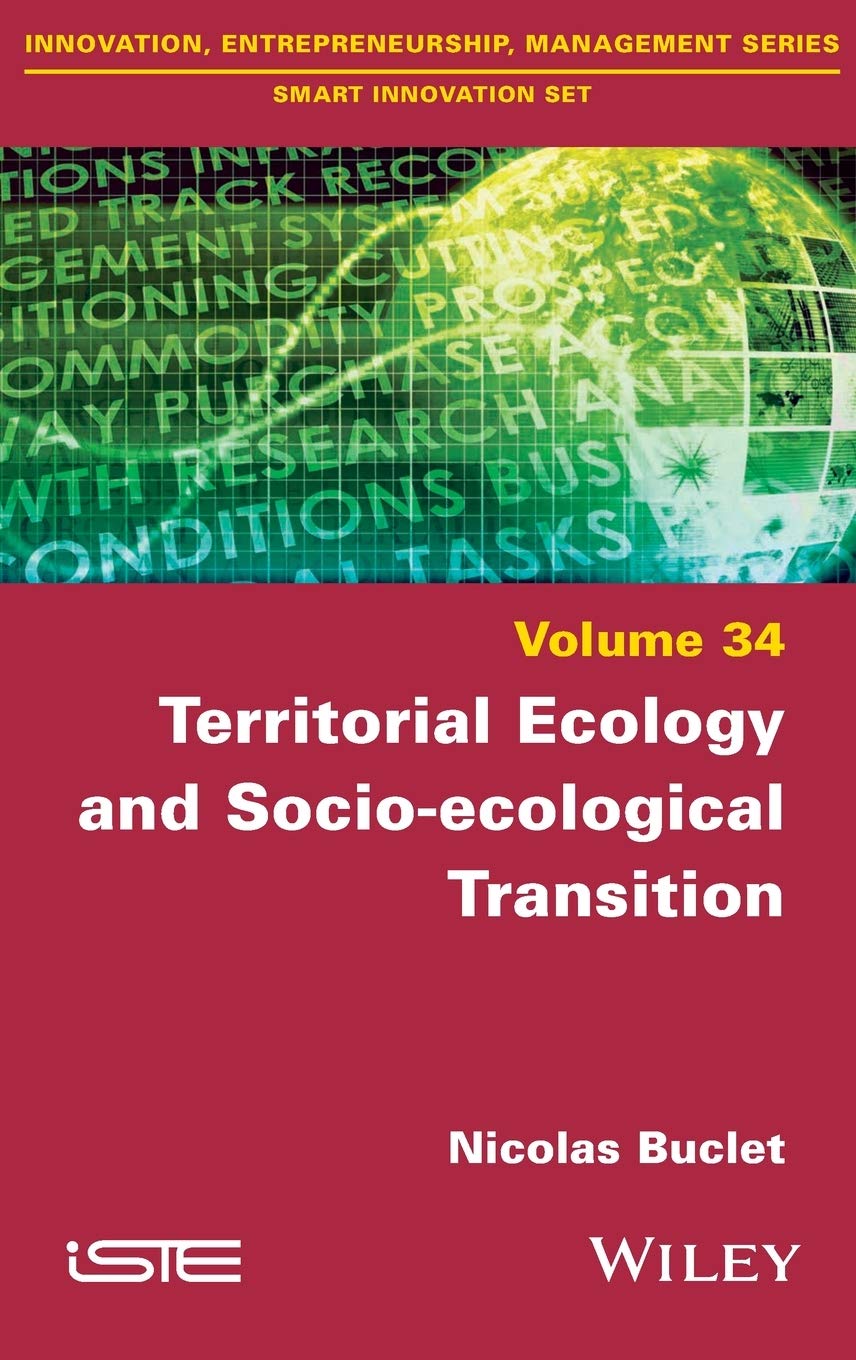

Most ebook files are in PDF format, so you can easily read them using various software such as Foxit Reader or directly on the Google Chrome browser.
Some ebook files are released by publishers in other formats such as .awz, .mobi, .epub, .fb2, etc. You may need to install specific software to read these formats on mobile/PC, such as Calibre.
Please read the tutorial at this link: https://ebookbell.com/faq
We offer FREE conversion to the popular formats you request; however, this may take some time. Therefore, right after payment, please email us, and we will try to provide the service as quickly as possible.
For some exceptional file formats or broken links (if any), please refrain from opening any disputes. Instead, email us first, and we will try to assist within a maximum of 6 hours.
EbookBell Team

0.0
0 reviewsThis methodology, taking into account both the material description of human societies and the analysis of decisionmaking processes, might also be relevant for territorial diagnostics. It leads us to a systemic view of the consequences of individual and collective actions on the sustainability of local socio ecosystems.
Socio-ecological transition implies a substantial evolution of human societies. Innovation, be it technological, organizational or social, is intrinsically involved in this evolution. However, if transition calls for disruptive rather than incremental innovations, we must also assess these innovations with a systemic view of their consequences.